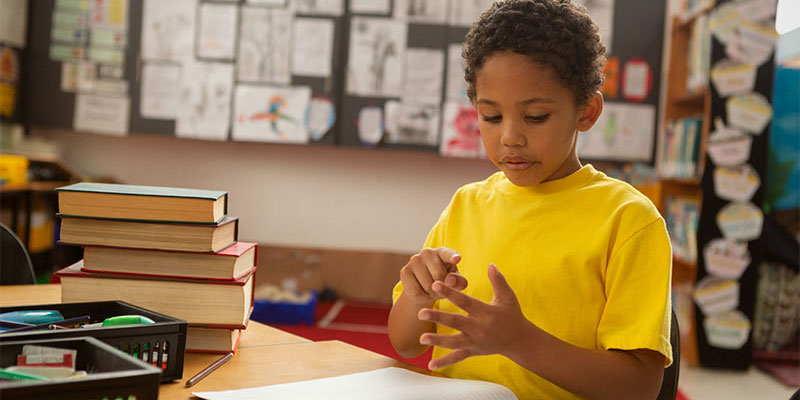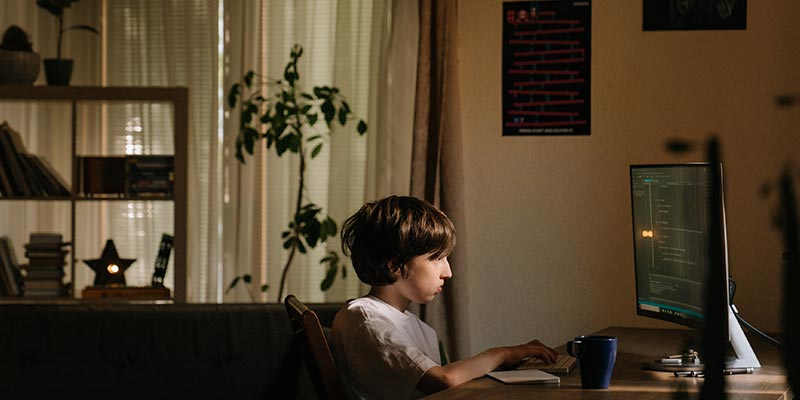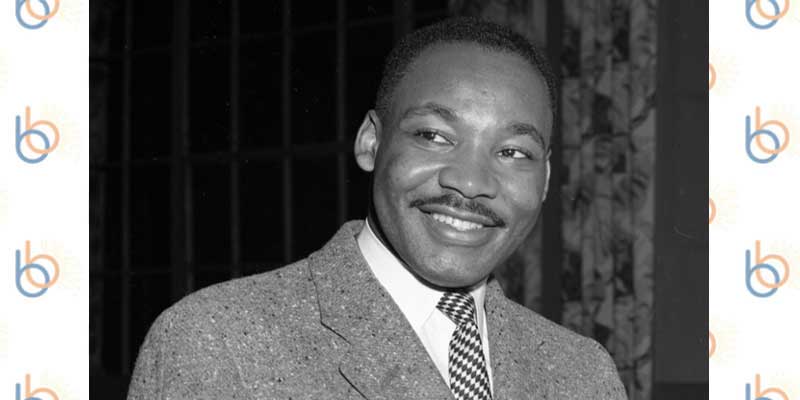
Quick! What's 4 times 4?
16? That's right! Now, how did you come to that solution? Did you perform the equation in your head, 4 + 4 + 4 + 4? Or did you just know the right answer? That's an example of mental math! We use it every day, from telling time, to making payments, to reading recipes. Math is all around us, and the sooner we pick up these mental math skills, the easier it is to master more complex equations.
So, what exactly is "mental math?" Mental math refers to the math we do in our head, simple calculations we've memorized so that we do not need a pencil and paper or calculator to tabulate the correct answer. Metal math can also help us break down more complex equations into smaller amounts for faster calculation. Learning mental math strengthens both our long-term memory and our working memory. A strong working memory helps children stay on task and organized, like an imaginary notepad.
Developing mental math skills begins at a very early age. Preschool-aged children learn to identify numerical symbols, 0-9, as well as begin to develop their number sense, to understand what these symbols represent. As children progress in their education, their mental math expands to basic addition and subtraction, multiplication and division of 0-12, fraction to decimal conversion, etc. Each concept builds on itself to expand the child's knowledge bank.
Beyond fostering important life skills, developing strong mental math is essential to progressing through a child's education. The sooner your child can stop counting on their fingers and do simple calculations in their head, the sooner they can move on to more complex problems. An accelerated learning program should incorporate mental math training to keep kids on track!
So, how can you encourage mental math in the home? Here are some suggestions!
- Food and cooking: From counting out scoops to dividing pizzas and pies, the kitchen is full of math! Utilize timers and the clock, scale up or down recipes, count out ingredients, and divide portions. Cooking and baking with your kids will make math a treat!
- Toys and games: Who says math can't be fun? Count toys as part of clean-up, use Lego blocks to teach geometry concepts, and play board and dice games to reinforce math concepts. 3-2-1-FUN!
- Music and dance: Rhythm is how our bodies make math! Count out the beats in your kid's favorite songs, incorporate clapping, and copy dances from music videos or Tik Tok. Music and dance have a way of ingraining math into your child's heart.
These are just a few ideas for you to explore. Want more help? Connect with real math teachers to support your child's educational journey.


